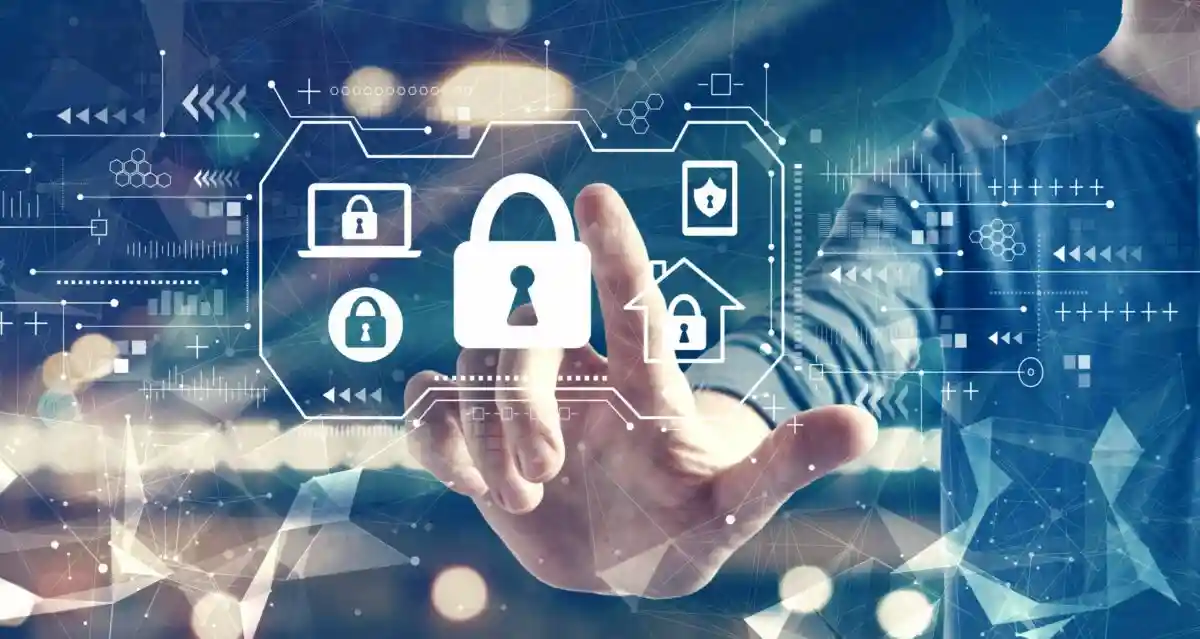The Rising Importance of Cybersecurity in Power Infrastructure
Cybersecurity is now a critical priority for the power sector. As the world depends more on digital grids, threats have increased. Power systems are frequent targets for cyberattacks. These attacks can disrupt supply, cause financial losses, and risk national security. Governments are taking strong action to enforce new cybersecurity regulations.
Why New Regulations Are Being Introduced
The demand for secure power systems is driven by rising cyber threats. Modern grids rely on digital controls and IoT devices. This connectivity improves efficiency but creates vulnerabilities. Hackers can exploit these weaknesses to gain access to control systems. New laws aim to protect energy infrastructure and maintain public trust.
Key Features of the New Cybersecurity Rules
The updated rules introduce strict security measures. Power companies must now adopt advanced threat detection systems. Regular vulnerability assessments are mandatory. Employee cybersecurity training is required to prevent human errors. Incident reporting timelines have been shortened. Failure to comply can lead to heavy fines and legal action.
Impact on Power Companies
These regulations will reshape how utilities operate. Companies must invest in modern cybersecurity tools. They will need to hire experts for real-time monitoring. Compliance will require collaboration between IT and operations teams. The cost of implementation may be high, but the benefits outweigh the risks.
Technologies Driving Compliance
Advanced solutions are now essential for meeting compliance requirements. AI-powered monitoring tools detect unusual activity instantly. Blockchain ensures data integrity in energy transactions. Multi-factor authentication prevents unauthorized access. Cloud security frameworks protect sensitive operational data. These technologies form the backbone of a strong cybersecurity strategy.
Benefits of Strong Cybersecurity in Power Systems
Implementing robust security measures reduces the chance of service disruptions. Customers gain confidence in reliable electricity supply. It also protects sensitive data from breaches. Compliance with regulations improves a company’s market reputation. Long-term, it saves costs by avoiding potential cyberattack damages.
Global Trends in Power System Cybersecurity
Countries worldwide are aligning with international cybersecurity standards. The U.S. follows NERC CIP guidelines for grid protection. The European Union enforces the NIS Directive for energy security. Asia-Pacific nations are strengthening local policies to safeguard power grids. This global focus ensures a safer and more resilient energy future.
Steps to Prepare for the New Regulations
Power companies should start with a risk assessment. They must upgrade outdated systems and software. Cybersecurity training should be made part of employee culture. Regular penetration testing will identify vulnerabilities early. Partnering with cybersecurity firms can provide expert guidance.
Conclusion
Cybersecurity for power systems is no longer optional. The new regulations demand immediate action. Power companies that adapt quickly will not only comply but also gain a competitive edge. A secure power infrastructure protects both the public and the future of energy.


